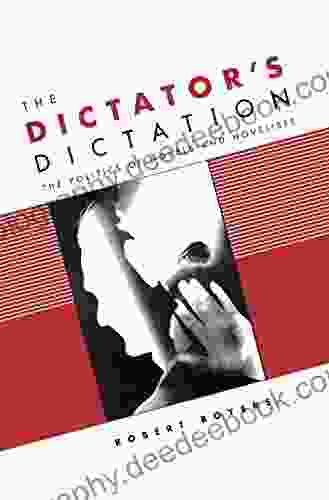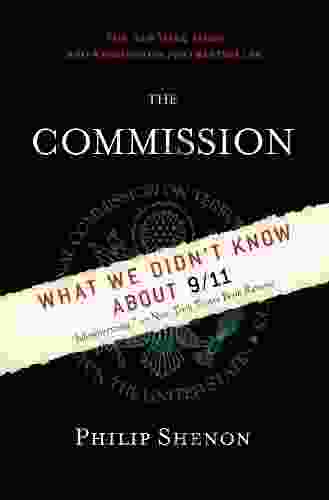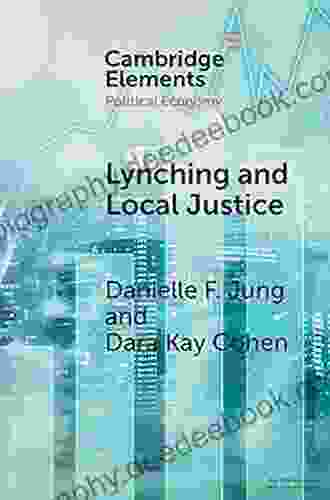Unveiling the Politics of Novels and Novelists: A Comprehensive Exploration

The world of literature is not merely a realm of imagination and escapism. It is also a potent arena where politics and social issues intertwine, influencing both the content of novels and the roles that novelists assume within society. This article delves into the multifaceted relationship between novels and politics, examining how historical events, social movements, and personal experiences shape literary themes and characters, while also exploring the ways in which novelists themselves utilize their craft to engage with political issues and influence public discourse.
5 out of 5
| Language | : | English |
| File size | : | 3087 KB |
| Screen Reader | : | Supported |
| Print length | : | 218 pages |
Fiction as a Mirror of Society
Novels have long served as mirrors of the societies in which they are written. They reflect the concerns, aspirations, and anxieties of their time, providing insights into the human condition and the social structures that shape it. For instance, the works of Charles Dickens vividly depict the harsh realities of 19th-century England, exposing the plight of the poor and the injustices of industrial capitalism. Similarly, the novels of Toni Morrison explore the complexities of race and identity in the United States, shedding light on the experiences and struggles of African Americans.
Historical Influences on Literary Themes
Historical events play a pivotal role in shaping the political themes and perspectives found in novels. The horrors of war, the rise and fall of empires, and the transformative power of social movements leave an enduring mark on literature. For example, the trauma of World War II profoundly influenced the works of Ernest Hemingway and Kurt Vonnegut, imbuing their writing with a sense of disillusionment and existential angst. Likewise, the civil rights movement in the United States sparked a wave of literary activism, with writers such as James Baldwin and Maya Angelou using their voices to challenge racial inequality and promote social justice.
Novelists as Political Activists
Beyond reflecting society, novels can also be powerful tools for political activism and social change. Novelists often use their writing to raise awareness about important issues, challenge injustice, and inspire readers to take action. George Orwell's dystopian novel "1984" serves as a chilling warning about the dangers of totalitarianism, while the works of Arundhati Roy confront environmental degradation and the plight of marginalized communities. By engaging with political issues through their writing, novelists can mobilize public opinion and contribute to the shaping of a more just and equitable world.
Literary Allegories and Metaphors
Novelists often employ literary allegories and metaphors to convey political messages in a subtle and nuanced manner. By using fictional characters and events to symbolize real-world issues, they can explore sensitive topics without resorting to overt didacticism. For instance, Jonathan Swift's "Gulliver's Travels" uses satirical allegory to critique the corruption and folly of human society. Similarly, Margaret Atwood's novel "The Handmaid's Tale" employs dystopian imagery to highlight the dangers of misogyny and religious extremism.
The Power of Storytelling
The power of storytelling lies in its ability to evoke emotions, spark empathy, and inspire reflection. By engaging readers on a personal level, novels can challenge preconceived notions, foster understanding, and promote social change. When readers encounter characters who are different from themselves, they may be more likely to develop empathy and recognize the common humanity that binds us all. This transformative power of storytelling can contribute to the creation of a more tolerant and just society.
The relationship between novels and politics is a complex and multifaceted one. Novels serve as mirrors of society, reflecting the concerns and aspirations of their time. Historical events and social movements shape literary themes and perspectives, while novelists themselves often play the role of political activists and social commentators. Through literary allegories and metaphors, they can convey political messages in a subtle and nuanced manner. Ultimately, the power of storytelling lies in its ability to evoke emotions, spark empathy, and inspire reflection, contributing to the creation of a more tolerant and just world.
5 out of 5
| Language | : | English |
| File size | : | 3087 KB |
| Screen Reader | : | Supported |
| Print length | : | 218 pages |
Do you want to contribute by writing guest posts on this blog?
Please contact us and send us a resume of previous articles that you have written.
 Book
Book Page
Page Chapter
Chapter Genre
Genre Reader
Reader Library
Library Paperback
Paperback Magazine
Magazine Paragraph
Paragraph Sentence
Sentence Bookmark
Bookmark Shelf
Shelf Glossary
Glossary Foreword
Foreword Synopsis
Synopsis Annotation
Annotation Manuscript
Manuscript Scroll
Scroll Tome
Tome Bestseller
Bestseller Narrative
Narrative Biography
Biography Autobiography
Autobiography Memoir
Memoir Dictionary
Dictionary Character
Character Card Catalog
Card Catalog Borrowing
Borrowing Stacks
Stacks Research
Research Scholarly
Scholarly Academic
Academic Journals
Journals Rare Books
Rare Books Literacy
Literacy Study Group
Study Group Dissertation
Dissertation Reading List
Reading List Theory
Theory Textbooks
Textbooks Michael Roshak
Michael Roshak Michael M Carter
Michael M Carter Chielozona Eze
Chielozona Eze Lisa Childs
Lisa Childs Natalie Shaw
Natalie Shaw Tom Barker
Tom Barker Debbie Bliss
Debbie Bliss Kalon Carpenter
Kalon Carpenter Rodolfo Nunhez
Rodolfo Nunhez John Fletcher
John Fletcher Abigail Cutter
Abigail Cutter James F Fisher
James F Fisher Mark P Witton
Mark P Witton Stacy Thomas
Stacy Thomas Chris Mcmullen
Chris Mcmullen Les Bird
Les Bird Tom Henry
Tom Henry Harold D Lasswell
Harold D Lasswell Kameron Hurley
Kameron Hurley Leyla Loric
Leyla Loric
Light bulbAdvertise smarter! Our strategic ad space ensures maximum exposure. Reserve your spot today!

 Francis TurnerSeventy Years of Motorcycle Adventures: No Serious Accidents - How Did I Do...
Francis TurnerSeventy Years of Motorcycle Adventures: No Serious Accidents - How Did I Do...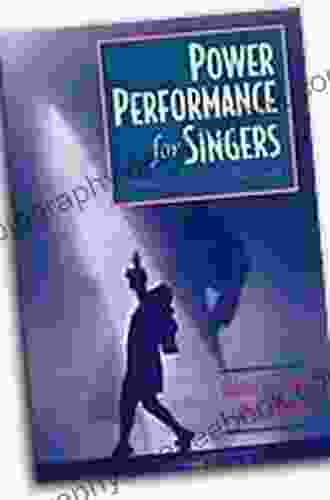
 Alexander BlairPower, Performance, and Transcending Barriers: A Singer's Journey to Vocal...
Alexander BlairPower, Performance, and Transcending Barriers: A Singer's Journey to Vocal... W.H. AudenFollow ·11.9k
W.H. AudenFollow ·11.9k Liam WardFollow ·12.9k
Liam WardFollow ·12.9k George HayesFollow ·13k
George HayesFollow ·13k David MitchellFollow ·5k
David MitchellFollow ·5k Alvin BellFollow ·11.3k
Alvin BellFollow ·11.3k Rick NelsonFollow ·9.3k
Rick NelsonFollow ·9.3k Jerry HayesFollow ·13.1k
Jerry HayesFollow ·13.1k Richard AdamsFollow ·12.1k
Richard AdamsFollow ·12.1k

 Franklin Bell
Franklin BellSecond Edition Pdf No Audio: A Comprehensive Guide to the...
The Second Edition...

 Jackson Blair
Jackson BlairTrends and Issues in Instructional Design and Technology
Instructional...

 Mario Vargas Llosa
Mario Vargas LlosaEnchanting Enigma Variations and Triumphant Pomp and...
The Enigma Variations: A...
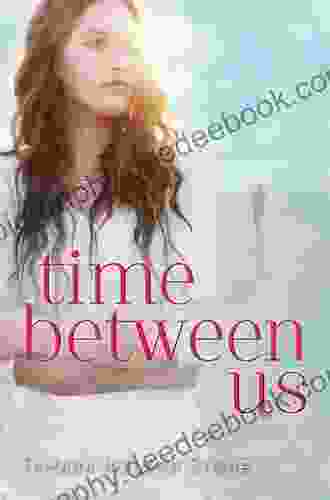
 Dwight Blair
Dwight BlairTime Between Us: A Novel That Explores the Power of...
Prepare to be swept away by...
5 out of 5
| Language | : | English |
| File size | : | 3087 KB |
| Screen Reader | : | Supported |
| Print length | : | 218 pages |


